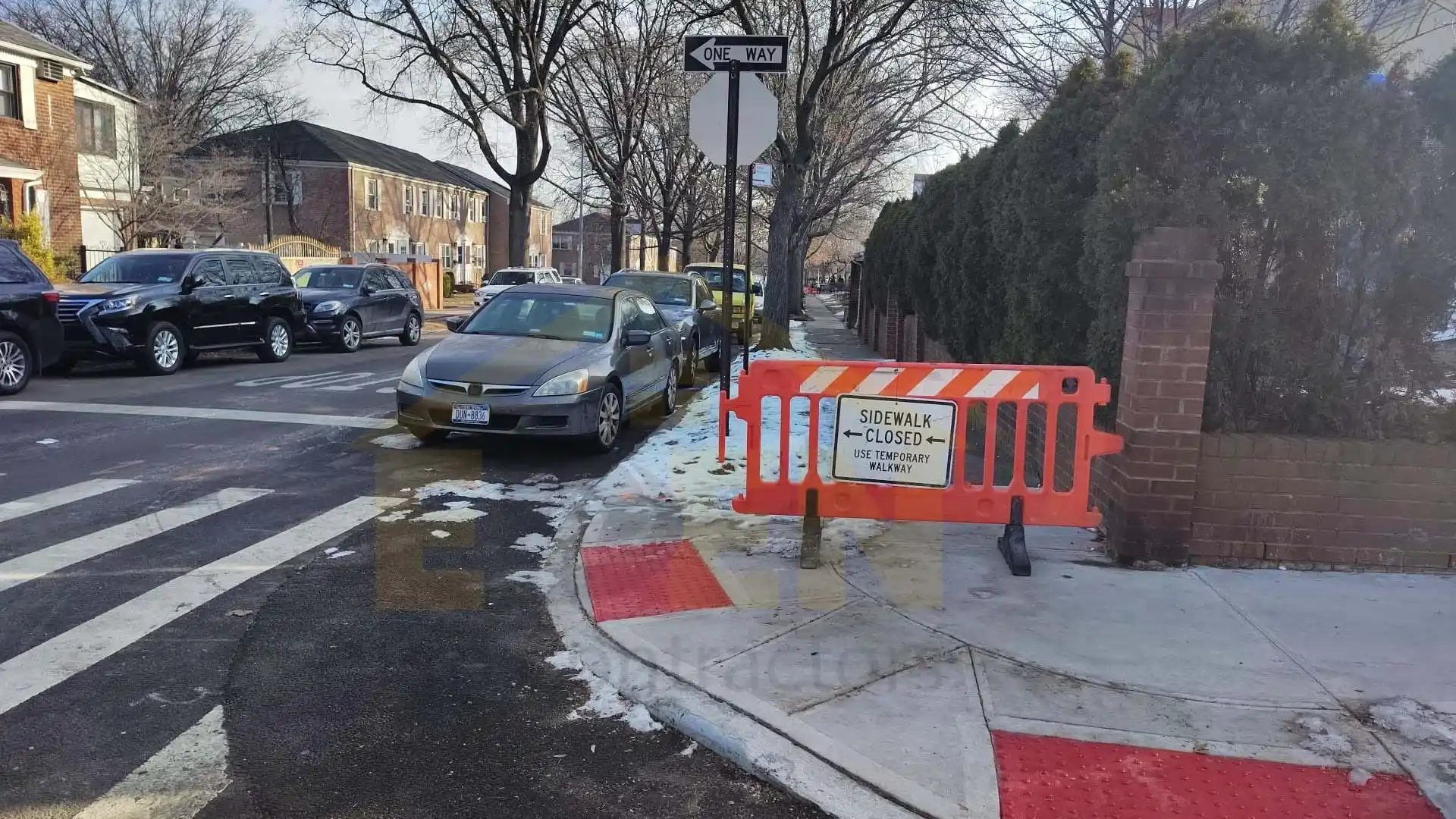
NYC Sidewalk Laws Every Property Owner Should Know
Owning property in New York City comes with many responsibilities, and one of the most overlooked is maintaining the sidewalk in front of your building. Whether you're a homeowner or a commercial property owner, understanding NYC sidewalk laws is essential not only for public safety but also to avoid costly legal trouble.
In this guide, we will break down these laws in simple terms so you know exactly what’s expected of you as a property owner and how to avoid costly consequences.
Sidewalk Maintenance Laws
The New York City Department of Transportation (DOT) has set strict laws and regulations for sidewalk maintenance.
- The New York City Administrative Code Section (19-152) outlines that the property owner is responsible for sidewalk maintenance, repairs, replacements, and installations.
- The New York City Administrative Code Section (17-210) claims that the property owners will be held liable for the personal injuries due to their defective sidewalks.
This applies to all types of properties that could be either residential, mixed-use or commercial.
Section 19-152 claims the responsibility of the property owners regarding sidewalk and vacant lot maintenance. This section also includes the procedure followed by the DOT when the violations are found.
If you own a property in NYC, you must (at your own expense):
Maintain a sidewalk: Install, construct, reinstall, repave or repair the sidewalk flags (slabs) in front of your property.
Vacant Lots: You are required to fence them, fill sunken sections, and cut down the raised areas.
When Are You Required to Fix Your Sidewalks?
The DOT inspects the sidewalks on a regular basis. If they found your sidewalk with the following defects, you are required to fix them immediately.
- Missing or Unbuilt Section
- Cracked or loose flags
- Trip hazards, such as uneven flags (½ inch or more difference) or surface holes (1” wide and ½” deep)
- Improper slope, like poor drainage or steep cross slopes.
- Hardware issues, such as misaligned utility covers and unsafe cellar doors
- Structural cracks, particularly when attached with the defective adjoining flags
- Non-compliant construction as per the DOT specs
- Patchwork repairs using asphalt or substandard materials
Meanwhile, the DOT issues a Notice of Violation by mail to the property owners and files it with the County Clerk in the property record as a lien.
The notice includes a brief description of the defect your sidewalk has, its image and a deadline, usually 75 days, for you to fix the issue.
If the sidewalk poses an immediate danger to pedestrians due to a severe trip hazard, the city may issue an emergency repair order, requiring you to make the repairs within 10 days.
What If I Received an Invalid Notice?
If you disagree with the violation or find the notice you receive is invalid. You can request reinspection by filling out a Notice of Claim with the NYC comptroller within 75 days after receiving the violation notice. The DOT will review your application and schedule a reinspection within 180 days of receiving your request.
Your sidewalk would have been inspected by another inspector who was not involved in making the first Preliminary Inspection Report. The report made by the second inspector would be considered final and can not be challenged.
What If I Failed to Address My Sidewalk?
If you failed to hire a reputable contractor in order to maintain your sidewalk and couldn’t correct the issue within the given timeframe, the DOT will step in and hire the contractor to repair your sidewalk damage. After the repair, the city will send the bill to you through the Department of Finance.
The repair bill may include the total cost involved during the repair, labor cost and 20% extra administrative cost. This cost becomes a lien or unpaid property tax on your property, potentially restricting you from reselling or refinancing it. You have to pay this cost within 90 days after the repairs have been done by the city. Failing to pay that bill will increase the cost as per the interest rate.
However, you may request a 4-year payment plan if:
- You own a 1-6 family house
- Your property is valued under $30000
- The repair cost is in no less than $250 and no more than $5000
If not paid, the city can foreclose the lien or sue you in civil court.
When Would I Be Held Liable?
If you fail to maintain your sidewalk in safe condition and someone gets injured because of the defective sidewalk, you are legally responsible and will be held liable for legal penalties, not the city.
However, you are not held liable if you own a 1-, 2-, or 3-family home in a residential area. In this case, the City will be held responsible for sidewalk issues.
Conclusion
Understanding NYC's sidewalk laws is essential for every homeowner. From regular maintenance to prompt repairs, being proactive can save you from costly violations, legal liability, and safety hazards. By following DOT regulations and addressing any issues promptly, you can protect yourself from potential fines and lawsuits while contributing to a safer, more walkable city for everyone.
